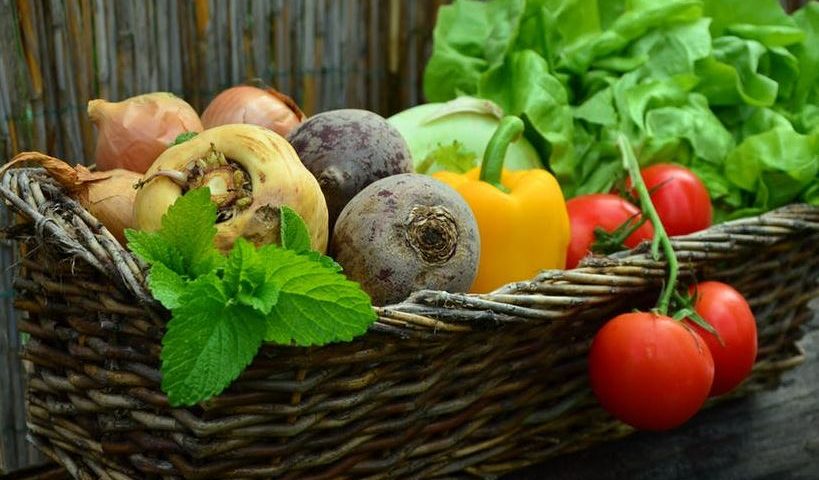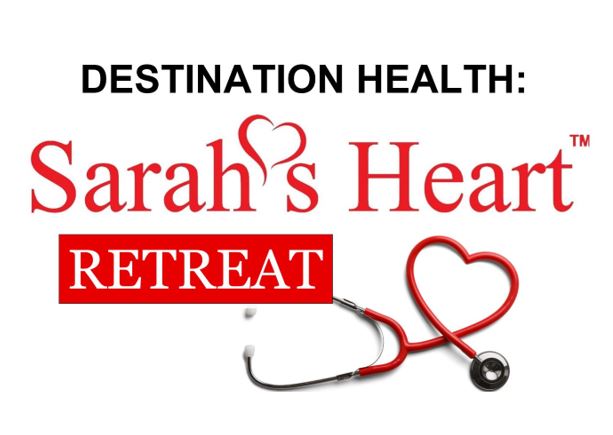
Supplement Sensibilities & the Benefits of Testing
August 1, 2017
Making Your Home a Sanctuary for Your Soul
November 10, 2017Brain-Friendly Foods & Depression

Depression is a complex disease with a number of underlying causes. We know from numerous studies that nutrition plays a major role in depression. Simply with the food choices you make, you can enhance your production of powerful brain hormones called neurotransmitters. They help prevent depression and can enhance the effects of antidepressant medications and supplements.
You need to understand why you are depressed before determining the best treatment. These could be situational, seasonal or secondary to a nutrient deficiency, such as vitamin D – or from hormonal changes from various causes such as low estrogen or testosterone. Changing your diet, getting more exercise or sunlight, losing weight may alleviate symptoms. People with more severe depression do seem to benefit from prescription medication, but research also shows that drugs may not be better than placebo for the majority of people with mild to moderate depression. I believe treatment is complex and requires more than a pill or two. Speak with your health-care provider and family about your concerns regarding depression, anxiety or other mental health issues.
I suggest getting tested for food sensitivities so you are aware of which foods are safe for you and which foods are causing inflammation.
Here are a few brain-friendly foods. Remember to add some healthy fats like avocados and olive oil, along with lots of richly colored fruits and vegetables:
- Eggs – high in protein and enhance production of dopamine
- Beans and wheat germ – enhance production of dopamine
- Beets – contain betaine, needed for production of natural antidepressant SAM-e
- Wild salmon and fish oil – Omega-3 fatty acids, anti-inflammatory
- Flaxseed, chia seed and pumpkin seed – Omega-3 fatty acids, anti-inflammatory
- Walnuts – Omega-3 fatty acids, anti-inflammatory
- Organic chicken and turkey – enhance dopamine production and tryptophan
Learn more:
How to increase serotonin in the human brain without drugs – https://www.ncbi.nlm.nih.gov/pmc/articles/PMC2077351/
Omega-3 fatty acids and major depression: A primer for the mental health professional – https://www.ncbi.nlm.nih.gov/pmc/articles/PMC533861/
Effects of Walnut Consumption on Mood in Young Adults—A Randomized Controlled Trial – https://www.ncbi.nlm.nih.gov/pmc/articles/PMC5133056/
Effect of Beta vulgaris Linn (Beet). Leaves Extract on Anxiety- and Depressive-like Behavior and Oxidative Stress in Mice after Acute Restraint Stress. – https://www.ncbi.nlm.nih.gov/pubmed/26941529
Dietary pattern and depressive symptoms in middle age – https://www.ncbi.nlm.nih.gov/pmc/articles/PMC2801825/



